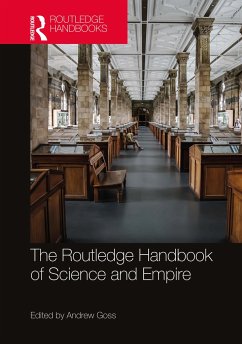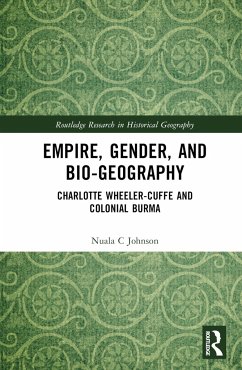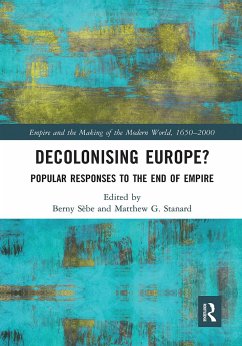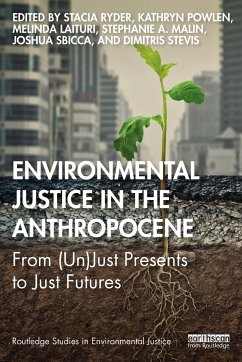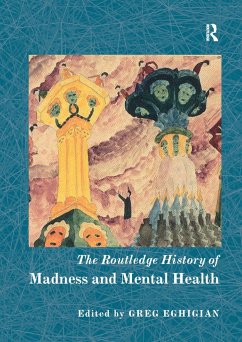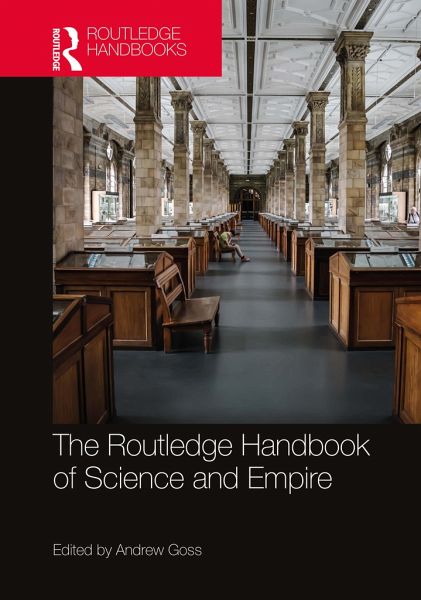
The Routledge Handbook of Science and Empire
Versandkostenfrei!
Versandfertig in 6-10 Tagen
45,99 €
inkl. MwSt.
Weitere Ausgaben:

PAYBACK Punkte
23 °P sammeln!
The Routledge Handbook of Science and Empire introduces readers to important new research in the field of science and empire. This compilation of inquiry into the inextricably intertwined history of science and empire reframes the field, showing that one could not have grown without the other.The volume expands the history of science through careful attention to connections, exchanges, and networks beyond the scientific institutions of Europe and the United States. These 27 original essays by established scholars and new talent examine: scientific and imperial disciplines, networks of science,...
The Routledge Handbook of Science and Empire introduces readers to important new research in the field of science and empire. This compilation of inquiry into the inextricably intertwined history of science and empire reframes the field, showing that one could not have grown without the other.
The volume expands the history of science through careful attention to connections, exchanges, and networks beyond the scientific institutions of Europe and the United States. These 27 original essays by established scholars and new talent examine: scientific and imperial disciplines, networks of science, scientific practice within empires, and decolonised science. The chapters cover a wide range of disciplines, from anthropology and psychiatry to biology and geology. There is global coverage, with essays about China, Southeast Asia, the Pacific, Australia and New Zealand, India, the Middle East, Russia, the Arctic, and North and South America. Specialised essays cover Jesuit science, natural history collecting, energy systems, and science in UNESCO.
With authoritative chapters by leading scholars, this is a guiding resource for all scholars of empire and science. Free of jargon and with clearly written essays, the handbook is a valuable path to further inquiry for any student of the history of science and empire.
The volume expands the history of science through careful attention to connections, exchanges, and networks beyond the scientific institutions of Europe and the United States. These 27 original essays by established scholars and new talent examine: scientific and imperial disciplines, networks of science, scientific practice within empires, and decolonised science. The chapters cover a wide range of disciplines, from anthropology and psychiatry to biology and geology. There is global coverage, with essays about China, Southeast Asia, the Pacific, Australia and New Zealand, India, the Middle East, Russia, the Arctic, and North and South America. Specialised essays cover Jesuit science, natural history collecting, energy systems, and science in UNESCO.
With authoritative chapters by leading scholars, this is a guiding resource for all scholars of empire and science. Free of jargon and with clearly written essays, the handbook is a valuable path to further inquiry for any student of the history of science and empire.




